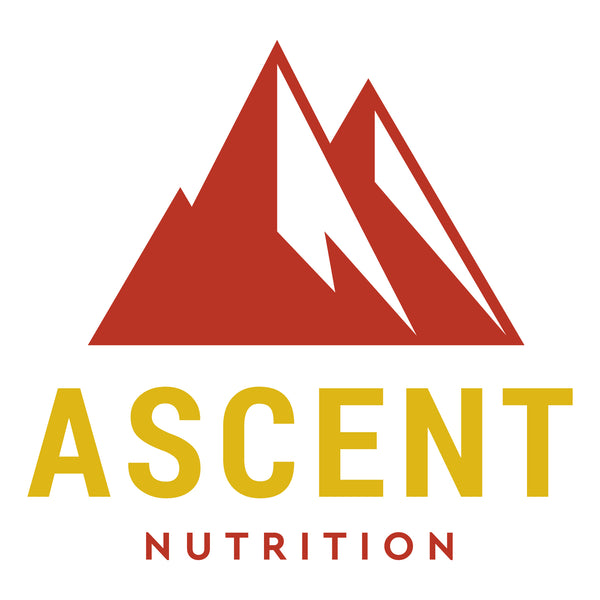Sea moss is a nutrient-rich superfood that has been garnering attention in fitness, beauty, and biohacking communities for its numerous health-promoting benefits. This versatile marine plant has received positive endorsements from a growing number of celebrities and athletes.
Sea moss boasts an impressive nutritional profile, offering essential vitamins, minerals, and free radical scavengers. From supporting immune health and hormonal function to promoting healthy detoxification, and healthy-looking hair, skin, and nails, sea moss is an excellent addition to a healthy lifestyle.
Here’s everything you need to know about the benefits of sea moss and how to add it to your routine.

